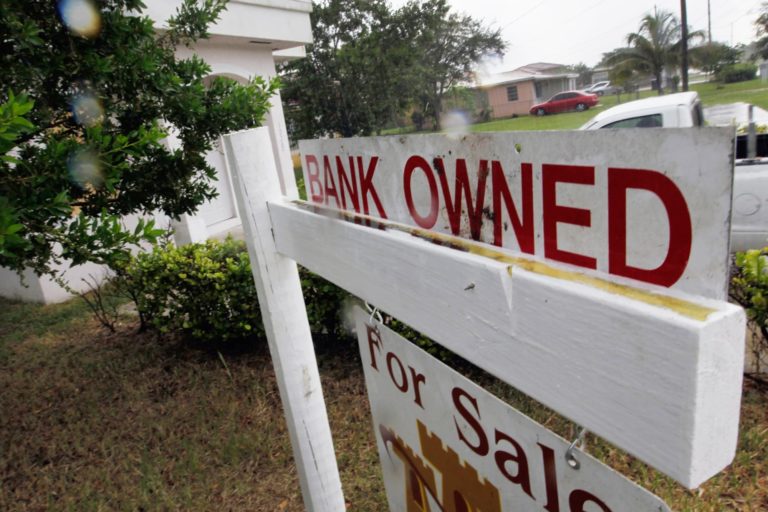Navigating the Waters: When Does the Bank Officially Take Ownership of a Foreclosed Property?:
The real estate market has its fair share of complexities, and among the most intricate processes is foreclosure. For homeowners and real estate investors alike, understanding when a bank officially takes ownership of a foreclosed property can be pivotal. This knowledge not only allows homeowners to know their rights but also offers investors insights into when they might expect properties to hit the market.
Understanding Foreclosure:
Foreclosure is a term many dread, but not all understand. At its core, foreclosure is the legal process initiated by a bank or mortgage lender when a homeowner fails to meet the terms of their mortgage, most commonly by failing to make required payments. The process can be lengthy, but the pivotal moment that many await is the transfer of ownership from the homeowner to the bank.
The Beginning: Notice of Default:
Foreclosure doesn’t commence immediately after a missed mortgage payment. Usually, banks provide a grace period. But if the homeowner continues to default, the bank issues a Notice of Default. This document is a formal declaration that the homeowner is significantly behind on payments. It’s the first official step in the foreclosure process, and from this point, the clock starts ticking for the homeowner to resolve the default, either by catching up on payments, negotiating new terms, or selling the property to cover the debt.
The Climax: Notice of Sale:
If the default isn’t rectified following the Notice of Default, the bank progresses to issue a Notice of Sale. This notice indicates the bank’s intent to sell the property at a public auction. The auction date, time, and location will be specified, giving potential buyers, including real estate investors looking for fixer-uppers, an opportunity to bid on the property.
The Turning Point: The Auction:
The auction is a pivotal event. It’s when potential buyers, including the bank, place bids for the foreclosed property. If the bank has the highest bid (or if no other bids surpass the outstanding mortgage amount), the bank takes official ownership of the property, culminating the transfer process. This phase is crucial for real estate investors, as they get a chance to purchase properties often below market value.
How Banks Operate Post-Auction:
When a bank takes ownership of a foreclosed property, it’s categorized as a Real Estate Owned (REO) property. Now, the bank’s primary objective becomes recouping its losses. The bank evaluates the property’s condition, market dynamics, and the original mortgage amount. Based on these factors, the bank determines the property’s asking price.
Deciphering the Asking Price:
One might wonder, “How do banks price foreclosures?” Contrary to popular belief, the bank’s primary concern isn’t necessarily the original mortgage amount. Instead, it’s a balanced calculation involving property assessment, market trends, and potential repair costs. If the property is a fixer-upper, the bank might slash the asking price, factoring in potential renovation expenses for the buyer. The aim is always to sell the property swiftly, even if it means accepting a price below the original mortgage value.
Investor’s Paradise: The Foreclosure Market:
For real estate investors, foreclosed properties can be gold mines. Banks aim for quick sales, which can lead to properties being listed below market value. Savvy investors can purchase, renovate, and flip these properties for substantial profits. But the key lies in understanding the foreclosure process, gauging when banks take ownership, and being prepared to act swiftly.
Know Your Rights:
For homeowners facing the possibility of foreclosure, it’s crucial to know your rights. While the process can seem daunting, being informed can make a world of difference. From the issuance of the Notice of Default to the final auction, homeowners have the right to rectify the situation,

